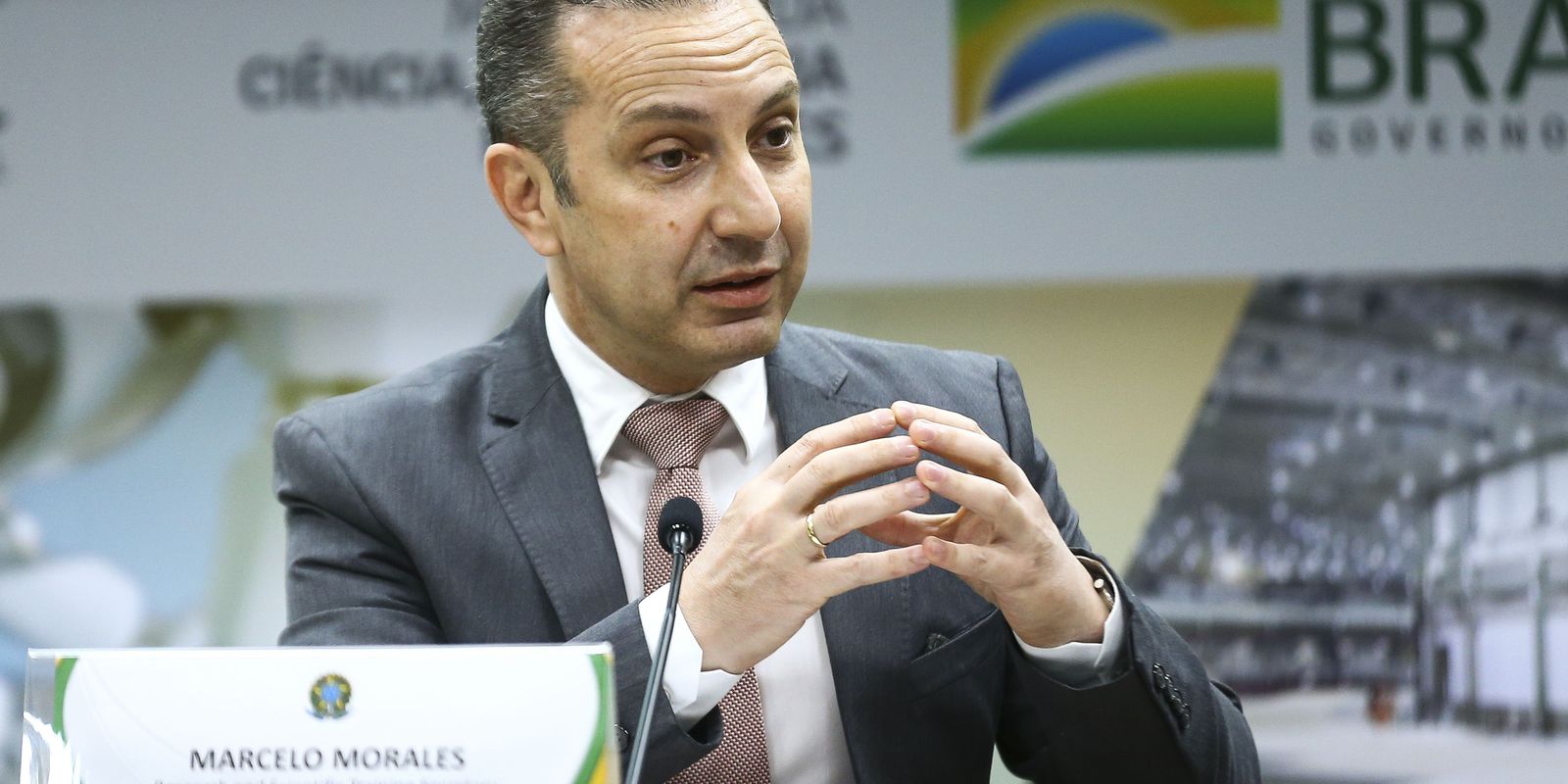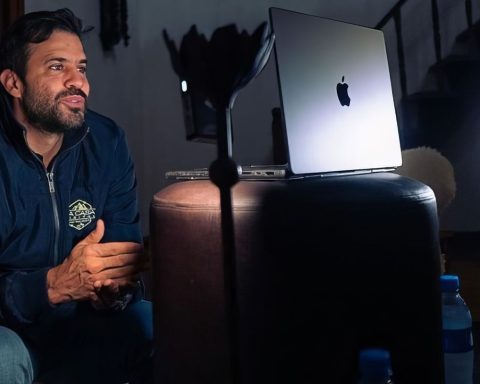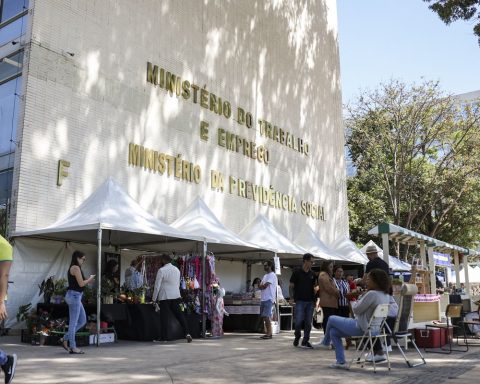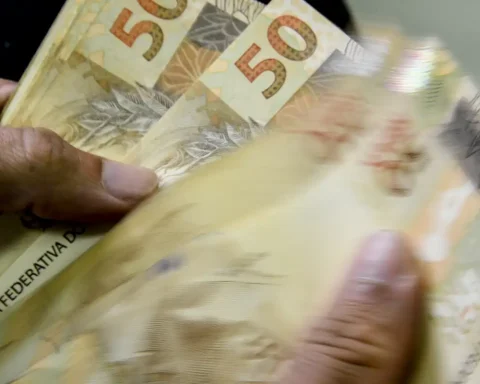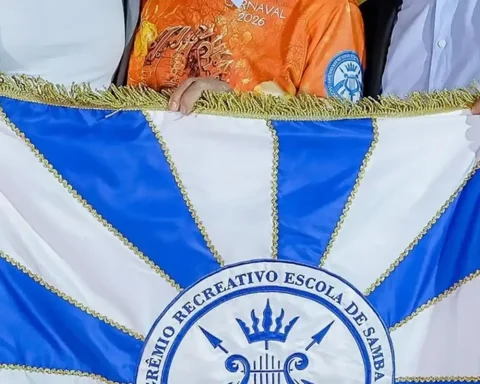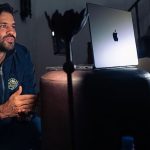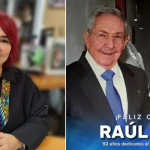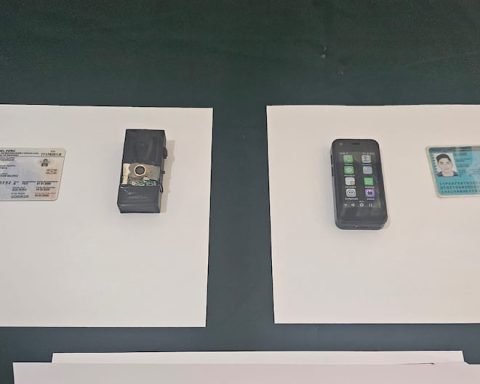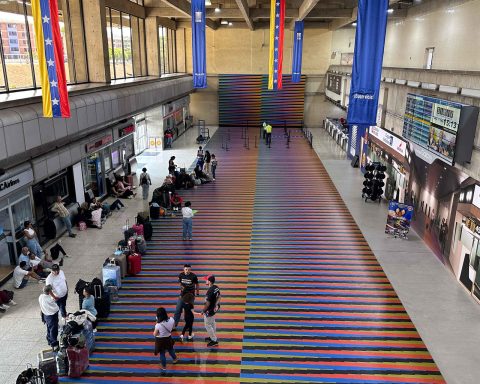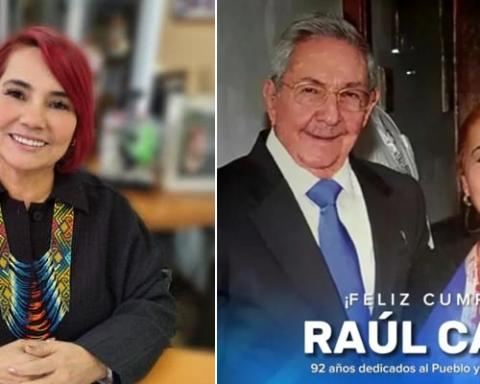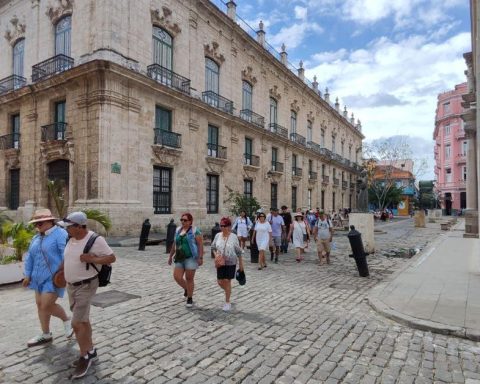Climate change is a reality that has been causing growing concerns for all countries. The need for dialogue and cooperation between nations to agree on solutions that can mitigate impacts and offer strategies to adapt to new scenarios is increasingly clear.
One of the Brazilian programs presented at the 27th session of the United Nations Climate Conference (COP27) taking place this year in Egypt is AdaptaBrasil, created by the Ministry of Science, Technology and Innovations – MCTI. It is an information and analysis system on the impacts of climate change throughout the national territory, which provides support for decision-making by managers responsible for adapting to changes.
“The AdaptaBrasil MCTI platform is another work of Brazilian science that puts the more than 5,500 Brazilian municipalities on a panel, with optimistic and pessimistic climate change scenarios. Each of these municipalities will know what is happening in relation to water, energy and food security. Mayors and companies can make decisions based on these scenarios prospected by Brazilian scientists. These scenarios also bring economic and social impacts”, said the Secretary of Research and Scientific Training of the MCTI, Marcelo Morales, interviewed on this Sunday’s Brasil em Pauta program, which airs at 10:30 pm on TV Brasil.
In the case of companies, it is now possible to include their inventories in the SIRENE – National Emissions Registry System, of the MCTI, the main reference for official information on the generation of greenhouse gases in the country. More than that, they may include data on carbon sequestration actions, which will be useful in the future for offsets in the carbon credit market.
“Companies can voluntarily report to this platform what they are emitting greenhouse gases. A company that is emitting less than it is sequestering may receive carbon credits in the future. In addition, the information from the companies makes the national inventory more accurate”, commented Secretary Morales.
The organizational inventories already available in SIRENE will be shown at COP27, as well as data from the National Simulator of Sectoral Policies and Emissions, SINAPSE, which makes it easier to plan and evaluate the most efficient strategies, in each case, to reduce emissions. .
“A standing forest is worth much more than a felled forest”
Brazil also brings to COP27 the experience of actions and programs that seek to reconcile environmental preservation with sustainable development, such as those being carried out in the Amazon. Projects such as Bailique, which support scientific research and technological development, have taken financial resources, structure and expertise to seek sustainable alternatives to traditional activities in the region: taking advantage of açaí, cupuaçu and pirarucu fishing. All with the aim of protecting the valuable heritage that is the region’s biodiversity.
“We have a program for the regeneration of degraded mining, grazing and mining areas. The researchers go there, analyze the soil, study the best species for that place, and involve local communities in the regeneration of these areas. We also have floating and jungle laboratories for researching new molecules. We know very little about our biodiversity, imagine the riches that exist in the Amazon, which we can prospect in a sustainable way, involving local communities, so that we have sustainable development, keeping the forest standing. The standing forest is worth much more than it is cut down,” says Morales.
The sustainable production of açaí with the results of research is an example of the benefits that science can add to an activity. The introduction of the pulp dehydration process reduced the losses, which were quite significant, and the treatment and destination of the fruit pit transformed what was a polluting residue into a source of energy to move machines in the production chain itself.
Climate change and viruses
The mobilization of Brazilian scientists in RedeVirus, a committee that brings together specialists in the fight against emerging viruses, is another successful model of action coordinated by the MCTI, and left an important legacy with the actions to face the Covid-19 pandemic.
“Emerging viruses like Covid-19, and other re-emerging ones, are closely related to climate change. RedeVirus created groups to monitor wild animals; the sequencing of the virus throughout the national territory, with possible mutations; strategies for vaccine development and production; rapid diagnostic tests, serological, developed with artificial intelligence. As a result of all this, today we have ongoing monitoring, throughout the national territory, of wild animals, monitoring of the virus and its mutations and two national vaccines starting their clinical trials”, said secretary Marcelo Morales.
